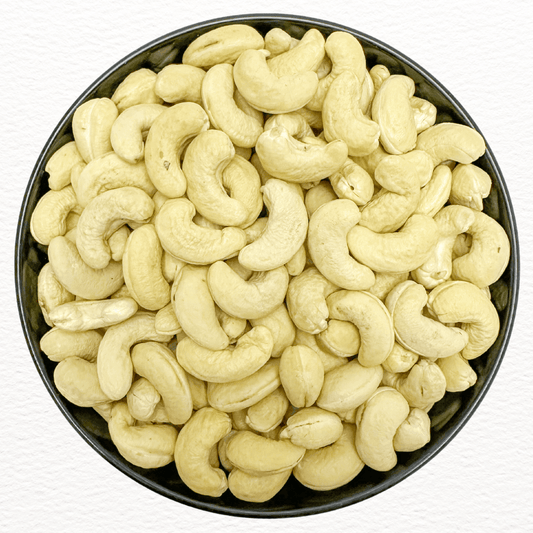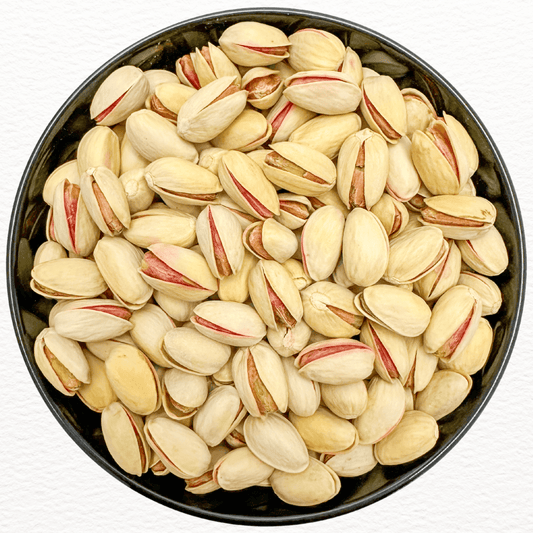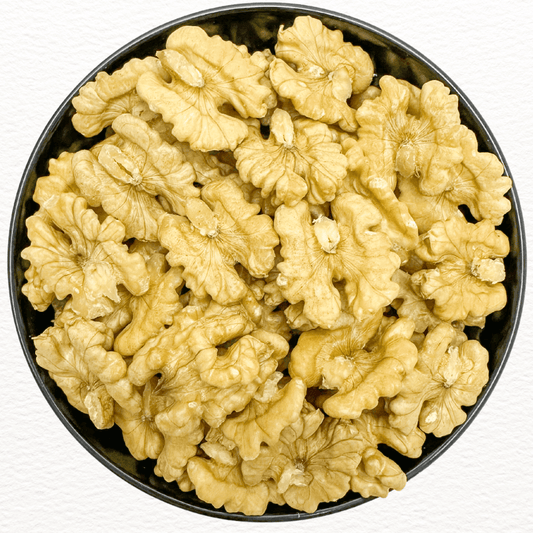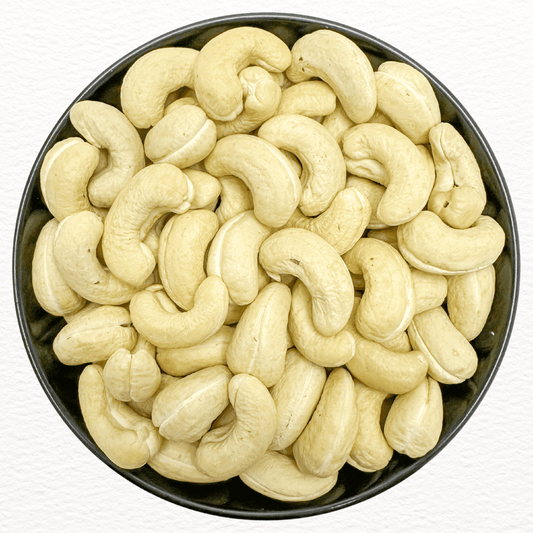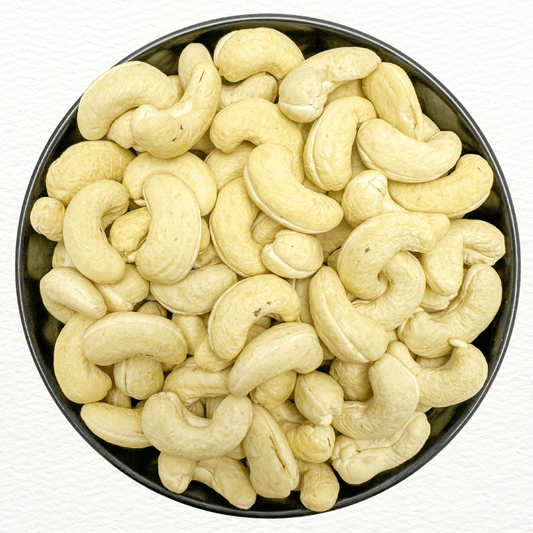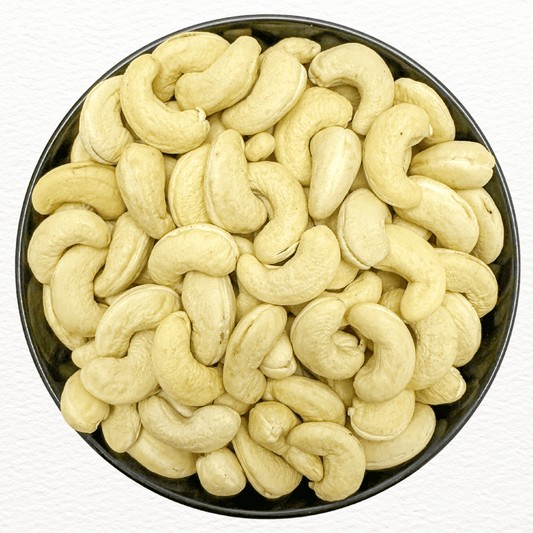Can Dry Fruits Be Stored in Fridge? Essential Storage Tips:
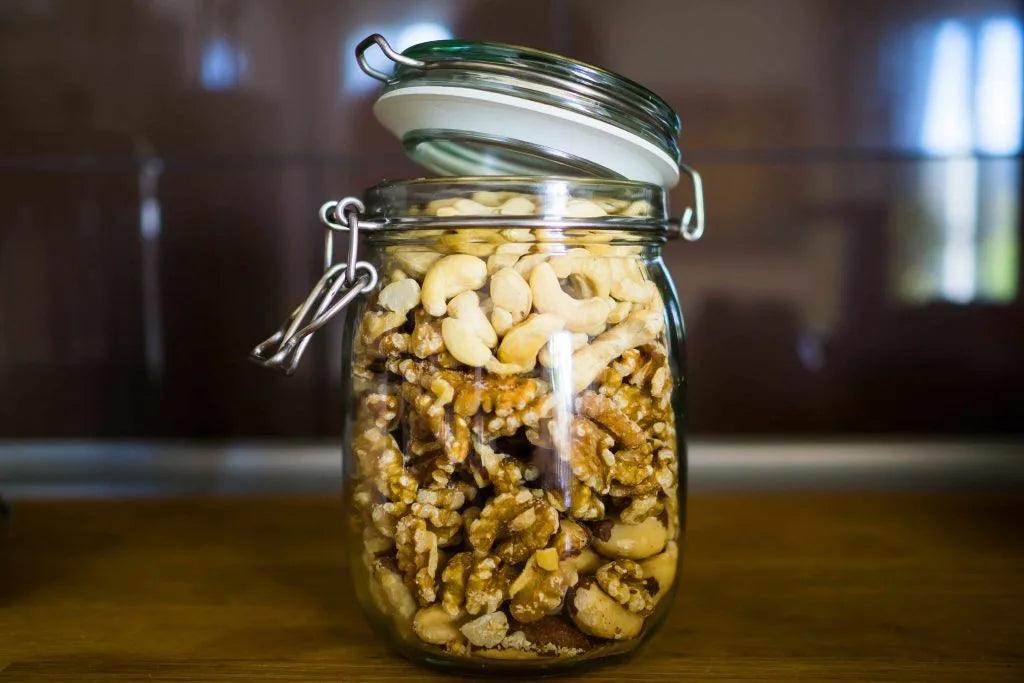

Dry fruits are highly valued for their long shelf life and high nutritional content.
Yet, all of us question, "can dry fruits be stored in fridge?"
In responding to this query in this detailed guide, we have brief, question-based headings and helpful tips for the correct storage.
We also have a middle-blog portion that gives the top 5 dry fruits for the optimal freshness and nutrition.
To taste good quality dry fruits, visit our Home Page or browse through our Dry Fruits Collection.
What are Dry Fruits and Why Storage is Important?
What are dry fruits?
Dry fruits are fruits from which water content has been extracted to a large extent. They are full of nutrients, fiber, vitamins, and antioxidants. Since they are concentrated, they need to be stored properly so that they remain fresh and do not spoil easily.
Why is storage necessary?
Dry fruits are preserved well to retain their nutritional value, texture, and flavor. While most dry fruits are preserved at room temperature, refrigeration is employed to enhance their shelf life—especially in hot and humid weather.
Can Dry Fruits Be Kept in the Fridge?
Yes, dry fruits can be stored in the refrigerator. Refrigeration preserves them by retarding the oxidation process and reducing the likelihood of the growth of molds. But a few things have to be borne in mind:
Packaging: Keep in well-closed containers to prevent moisture absorption.
Shelf life: Refrigerated dry fruits are typically good for a few months.
Variety: Certain of the dry fruits, including the oil-bearing ones, are more benefited by refrigeration.
Storing dry fruits in the refrigerator is particularly helpful during humid weather so that your dry fruits remain crisp and nutritious at all times.
Tips and Tricks: How to Store Dry Fruits in the Fridge?
How is dry fruit best stored in the refrigerator?
Implement these best practices:
Store in Airtight Containers: Transfer your dry fruits to airtight containers or zip-lock bags in an effort to preserve them from dampness.
Label and Date: Date the containers so that you are able to monitor freshness.
Store at Stable Temperature:
Keep in a stable temperature area of the refrigerator and not opened and closed repeatedly.
Avoid Overcrowding: Leave sufficient space in each container so that the dry fruits are not broken or crushed.
By doing this, you will maintain the quality of your dry fruits and extend the shelf life.
What Dry Fruits Should You Store in the Fridge?
Here is a quick nutritional rundown of the top 5 refrigerated dry fruits to keep fresh and maintain their nutrient value:
Below is a brief nutritional overview of the top 5 dry fruits that benefit from refrigeration, ensuring they remain fresh and retain their nutrient content:
| Dry Fruit | Key Nutrients | Storage Benefit |
| Dried Apricots | Vitamin A, Potassium, Vitamin C | Retains flavor and prevents mold in humid conditions |
| Prunes (Dried Plums) | Vitamin K, Potassium, Fiber | Maintains texture and nutritional value |
| Dried Figs | Calcium, Magnesium, Potassium | Keeps firmness and prevents oxidation |
| Unsweetened Raisins | Iron, Potassium, Antioxidants | Preserves natural sweetness and prevents moisture absorption |
| Almonds | Vitamin E, Magnesium, Healthy Fats | Prevents rancidity and maintains crunchiness |
Note: Nutritional values are approximate and can vary slightly based on variety and processing.
Research Overview:
Recent research emphasizes the function of storage in preserving the nutritional content of dry fruits. Research indicates that dry fruits stored in dry, cold storage, such as in a refrigerator, can significantly reduce the loss of key nutrients, as well as increase shelf life. Furthermore, research illustrates that refrigeration prevents mold growth and oxidation, which are critical in preserving the flavor and health value of dry fruits.
Research Summary:
Summary:
Refrigeration can also greatly increase the shelf life of dry fruits.
Storage of dry fruits in air-tight containers in the refrigerator preserves nutrients and moisture-induced spoilage.
Scientific research confirms chilling dry fruits, particularly in hot and wet climates, for preserving their quality.
A proper storage system ensures that you can relish the healthy advantages of dry fruits, which are rich in fiber, vitamins, and antioxidants.
Frequently Asked Questions (FAQs)
Q1: Can all dry fruits be stored in the refrigerator?
A: Yes, the majority of dry fruits can be stored in a refrigerator, but they have to be packaged properly to avoid moisture absorption.
Q2: For how many days can dry fruits be kept in the refrigerator?
A: Dry fruits are typically stored in the refrigerator for a few months if placed in airtight containers.
Q3: Does refrigeration impact the taste of dry fruits?
A: Refrigeration preserves them and does not cause them to spoil without actually changing the taste much, though letting them reach room temperature before consumption might improve the taste.
Q4: How do dry fruits need to be packaged to be refrigerated?
A: Keep them in airtight containers or zip-lock bags and label the storage date.
Q5: Is there any dry fruit that must be stored at room temperature?
A: While most dry fruits are best stored in the refrigerator when there is hot, humid weather, the less oily types like unsweetened raisins can be stored at room temperature if placed in a cool, dry place to store.
Conclusion
Yes, dry fruits can be stored in the fridge, and doing so offers several benefits such as prolonged shelf life, maintained nutritional quality, and reduced risk of spoilage. Proper storage practices, including using airtight containers and keeping them at a consistent temperature, ensure that your dry fruits remain fresh and nutrient-dense. For individuals in humid climates, refrigeration is particularly beneficial.For more insights on premium quality dry fruits, visit our Home Page, explore our Dry Fruits Collection, and read our latest articles on our Blogs. If you have any questions, please Contact Us.
Internal Links:



